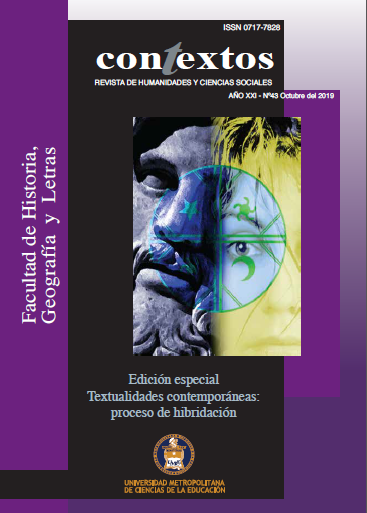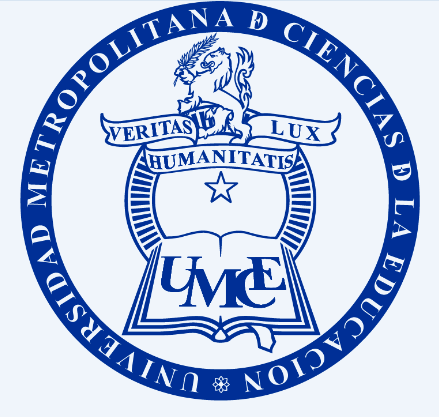Main Article Content
Sep 3, 2019
Abstract
The novel Impuesto a la carne, written by the Chilean writer Diamela Eltit, textualizes the commodification of the bodies and lives of human beings in the current state of capitalism. In this novel, published in the year that celebrated the bicentenary of Chilean independence, two women, mother and daughter, confined to a hospital for 200 years, resist the appropriation of their bodies — their blood, their organs, their members — by the “general doctors", the leaders of this space of normalization and confinement that is also the nation. The present article analyzes how the novel stages forms of resistance and potency of life in a world of extreme merchandizing and control over human bodies.
Downloads
Policies for open access journals
Authors who publish here accept the following terms: Authors will keep their copyright and will guarantee the journal the right to the first publication of their work, which will be subject to the Licence of Creative Commons acknowledgement, which allows for the use of this material only if the authorship is credited and the original source is acknowledged (the journal’s URL), and if it is not used with commercial ends and with any derivations of the original work.
Authors may adopt other non-exclusive license agreements of distribution of the published version (e.g. to save it onto a digital institutional archive or publish it in a monographic volume) only if the initial publication of this journal is indicated.
It is permitted and recommended for authors to divulge their work on the Internet (e.g. institutional digital archives or webpage) before and during the submission process, which may lead to interesting exchanges and increase the citations of the publication. (See Open Access Effect).






